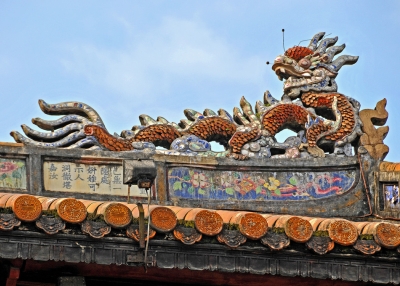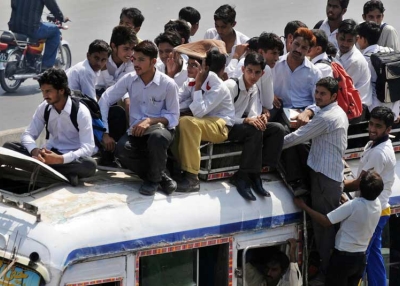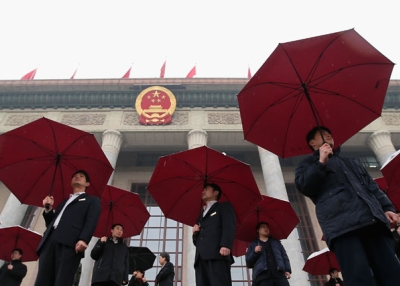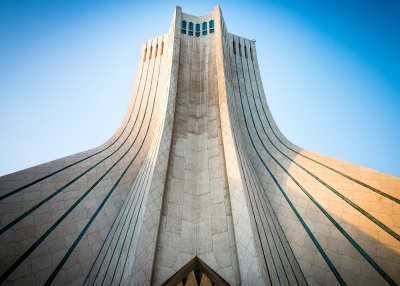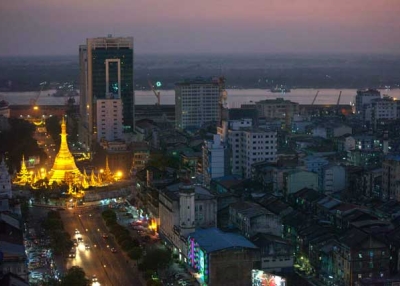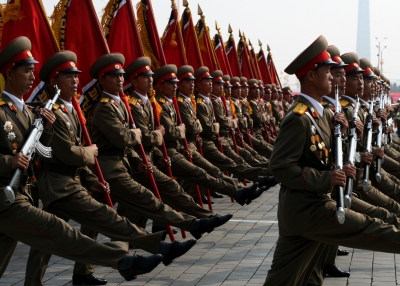Countries & Regions
During the past several years, the Asia Society Policy Institute (ASPI) has organized policy dialogues and working groups focused on finding solutions to pressing challenges for particular countries and subregions in Asia. As the foundation of ASPI’s ongoing work and problem-solving mandate, these efforts are driven by policymakers and experts with deep knowledge of and experience working on the countries in question, resulting in pragmatic solutions that are well-received on the ground.
The Policy Institute divides its work into five subregions – East Asia, Southeast Asia, South Asia, Central Asia, and West Asia. Some ASPI initiatives cover multiple subregions; for instance, ASPI’s work on building Asian security and trade architectures. However, other initiatives may span just one subregion, a few countries, or even a single country, as is the case with ASPI’s projects focused on Myanmar.
While ASPI is active in all of these subregions and is engaged with countries across the wider Asia-Pacific, it does have larger bodies of work on a few particular countries. These are also highlighted below through discrete country pages.
Countries
Featured Initiatives
-
Professional development program for ASEAN early-career female trade experts in 2024.
-
How China can support the clean energy transition in Southeast Asia through greater financial, technical, and policy cooperation with the region, to achieve more ambitious GHG emission reductions and energy transition by 2030.
-
Professional development program for Japanese early career female trade experts.
-
Taiwan's Past and Future: Complexity and Contestation is an initiative by the Asia Society Policy Institute's Center for China Analysis (CCA) aiming to shed light on Taiwan's future by unpacking the complicated past and present of cross-Strait policy.
-
2023 Climate and Energy Policy Study Tour to the EU and the U.S.
-
Korea’s next generation leaders in climate and energy policy learn from EU and U.S. experts to inform Korea’s Net-Zero policies, plans, and strategies.
-
A high-level and independent commission of Asian leaders to help urgently accelerate the regional transition to net zero emissions.
-
Professional development program for ASEAN early-career female trade experts, hosted in 2022.

